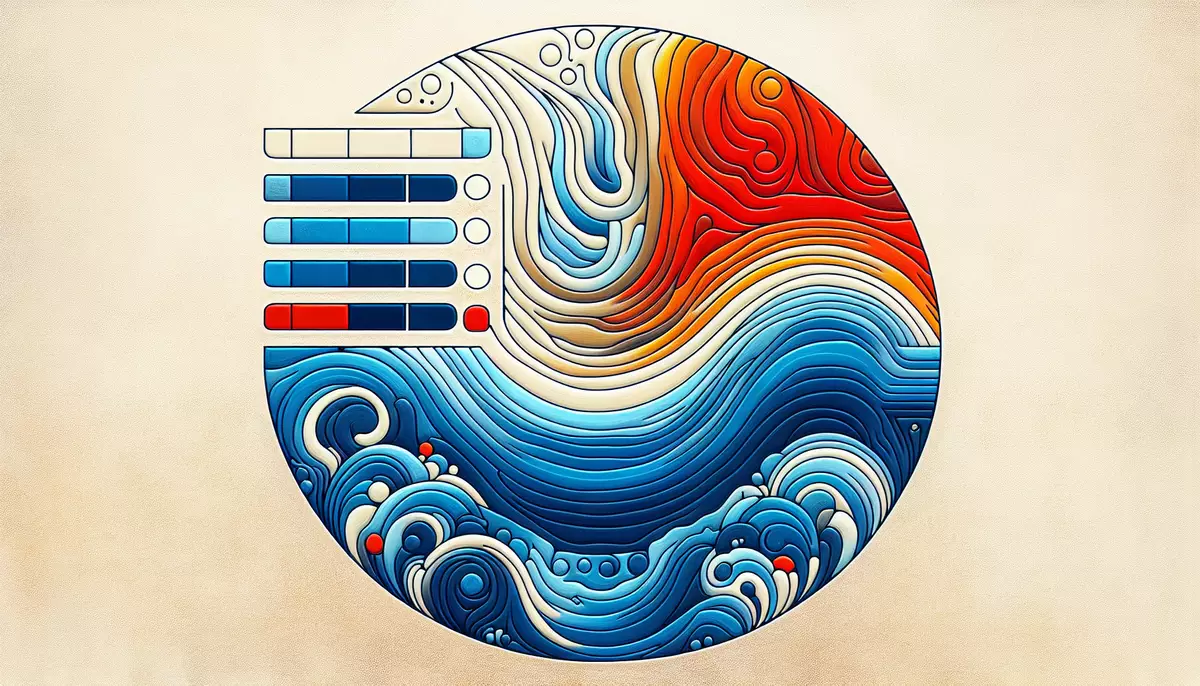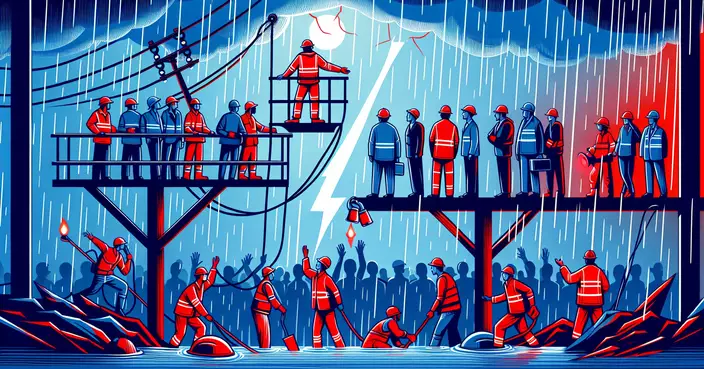Grading of beach water quality released
The Environmental Protection Department (EPD) today (September 13) released the latest grading of water quality for 39 gazetted beaches (see Note 1) and one non-gazetted beach (see Note 2).
Twenty-three beaches were rated as Good (Grade 1), and 17 as Fair (Grade 2).
Grade 1 beaches are:
Anglers' Beach*
Middle Bay Beach*
Cheung Chau Tung Wan Beach*
Shek O Beach*
Chung Hom Kok Beach
Silver Mine Bay Beach*
Discovery Bay Tai Pak Beach
South Bay Beach*
Hap Mun Bay Beach*
St. Stephen's Beach
Hoi Mei Wan Beach*
Stanley Main Beach*
Hung Shing Yeh Beach*
Tai Po Lung Mei Beach*
Kiu Tsui Beach
Tong Fuk Beach
Kwun Yam Beach
Trio Beach*
Lido Beach*
Turtle Cove Beach
Lo So Shing Beach
Upper Cheung Sha Beach
Ma Wan Tung Wan Beach*
Grade 2 beaches are:
Approach Beach*
Deep Water Bay Beach*
Big Wave Bay Beach*
Golden Beach*
Butterfly Beach*
Kadoorie Beach*
Cafeteria New Beach
Lower Cheung Sha Beach
Cafeteria Old Beach
Pui O Beach*
Casam Beach*
Repulse Bay Beach*
Castle Peak Beach
Silverstrand Beach*
Clear Water Bay First Beach*
Ting Kau Beach*
Clear Water Bay Second Beach*
Compared with the grading released last week, Discovery Bay Tai Pak Beach, Lido Beach, Middle Bay Beach and Silver Mine Bay Beach have been upgraded from Grade 2 to Grade 1.
Under the present grading system, beaches are classified into four grades, namely Good (Grade 1), Fair (Grade 2), Poor (Grade 3) and Very Poor (Grade 4), according to the level of E. coli in the water. Grades are calculated on the basis of the geometric mean of the E. coli counts on the five most recent sampling occasions.
While the ratings represent the general water quality at the beaches, an EPD spokesman reminded members of the public that water quality could be temporarily affected during and after periods of heavy rain. Bathers should avoid swimming at beaches for up to three days after a tropical cyclone or heavy rainfall.
A summary of beach grades is published weekly before the weekend. The latest beach grades based on the most current data may be obtained from the EPD's website on Beach Water Quality (www.epd.gov.hk/epd/beach) or the beach hotline, 2511 6666. Members of the public can also obtain the latest daily water quality forecast information for all beaches that are open for swimming through the Beach Water Quality Forecast mobile application (available for download from: www.epd.gov.hk/en/BWQApp) or the dedicated beach water quality forecast page (www.epd.gov.hk/en/BWQForecast) on the EPD's beach thematic website.
Note 1: Lifesaving services are provided by the Leisure and Cultural Services Department at 27 gazetted beaches, marked with an asterisk (*) above, from September 1. Due to the damage caused to the footpaths leading to Chung Hom Kok Beach by landslides, the beach is temporarily closed until further notice. For details, please refer to the Leisure and Cultural Services Department's Special Announcement (www.lcsd.gov.hk/en/beach/index.html).
Note 2: This refers to Discovery Bay Tai Pak Beach which is a non-gazetted beach that has no lifesaving service.

Source: AI-generated images








